
- Article
- Article
Disability, education and prejudice
In the 1960s and 1970s, thalidomide survivors had to fight for a proper education. If they weren’t brought up in institutions, they were often viewed as objects of curiosity, encountering verbal and sometimes physical abuse, both at school and in the world beyond.
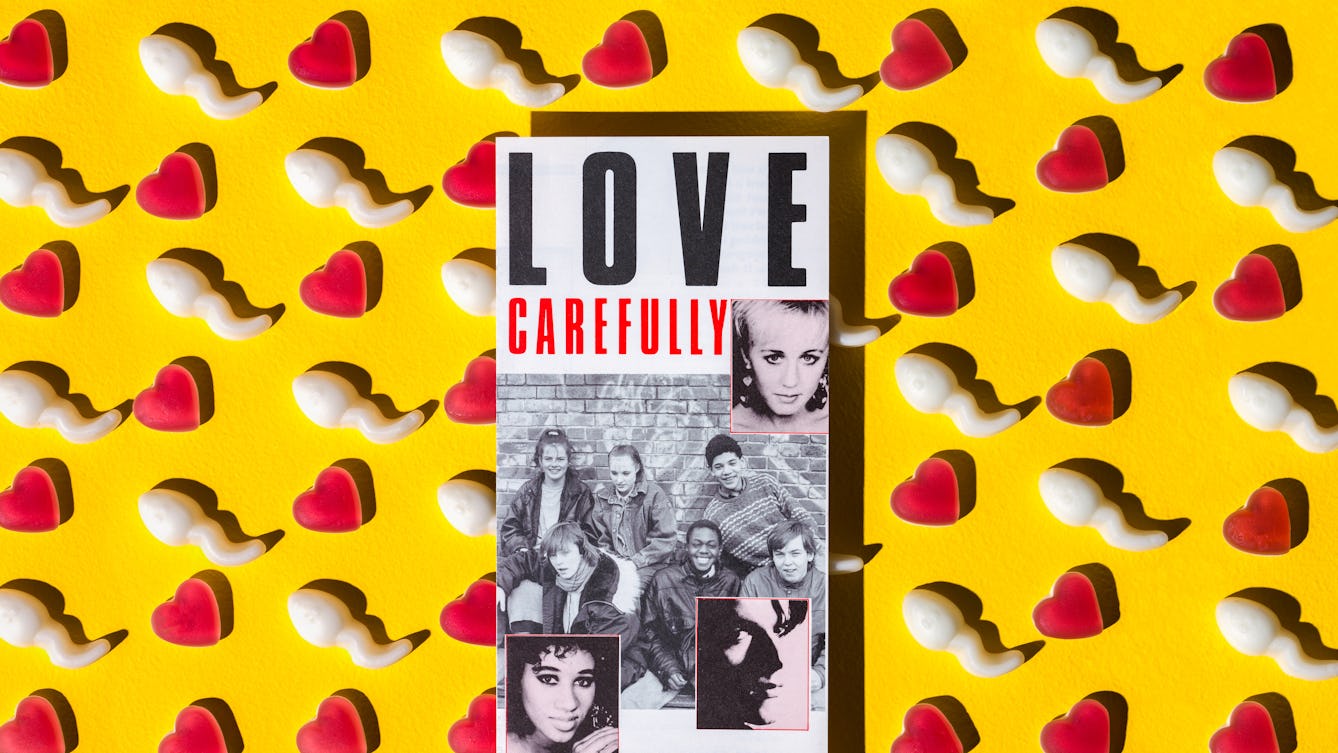
- In pictures
- In pictures
Responses to Brook’s sex education guides
Brook Advisory Centres provided relatable sex-education information to young people, but their popular material sometimes resulted in criticism from politicians and the media.

- In pictures
- In pictures
How an animation educated the army
In a 1940s cartoon intended to persuade US troops to take malaria medication, the makers pitted a clodhopping soldier against a wily mosquito. If only Private SNAFU had followed the government’s advice.
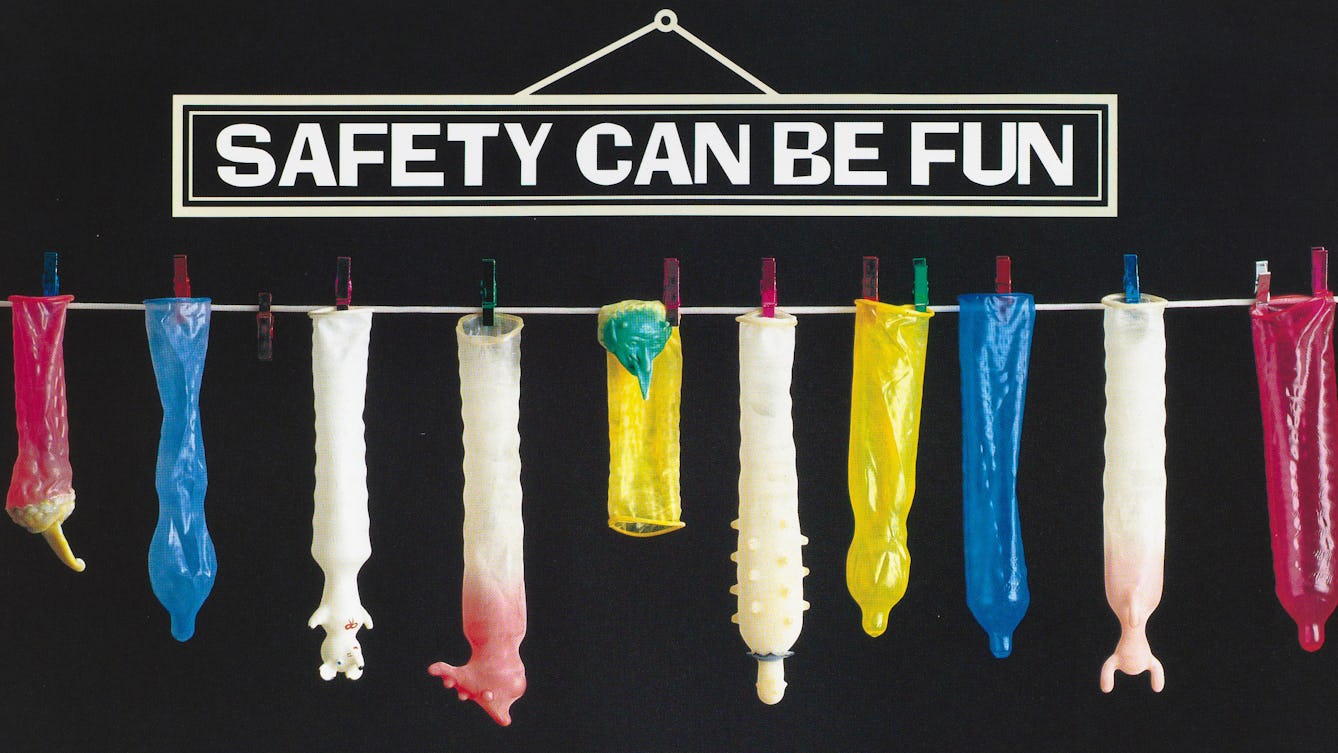
- Article
- Article
Getting around the rules of sex education
What should we and shouldn’t we teach our teens about sex, inside and outside of the classroom?

- Article
- Article
The law of periodicity for menstruation
Dr Edward Clarke's Law of Periodicity claimed that females who were educated alongside their male peers were developing their minds at the expense of their reproductive organs.

- Article
- Article
Charged bodies
Electrified humans brought education and performance together with a spark in the 18th century.

- Article
- Article
“People see the disability but forget the ability”
I’m a disabled Asian woman, and mother of four. I’m trying to show people that we have to talk about disability if we want things to change.

- Article
- Article
‘Jessy’, a film about cerebral palsy
How the 1950s British film industry portrayed this disease.

- Article
- Article
Defying deafness through music
Did you know that Beethoven’s profession meant he was ashamed to admit to being deaf? Find out how similar prejudices persist today and how our writer is helping to break them down.

- Article
- Article
Intelligence testing, race and eugenics
Specious ideas and assumptions about intelligence that were born during the great flourishing of eugenics well over 100 years ago still inform the British education system today, as Nazlin Bhimani reveals.
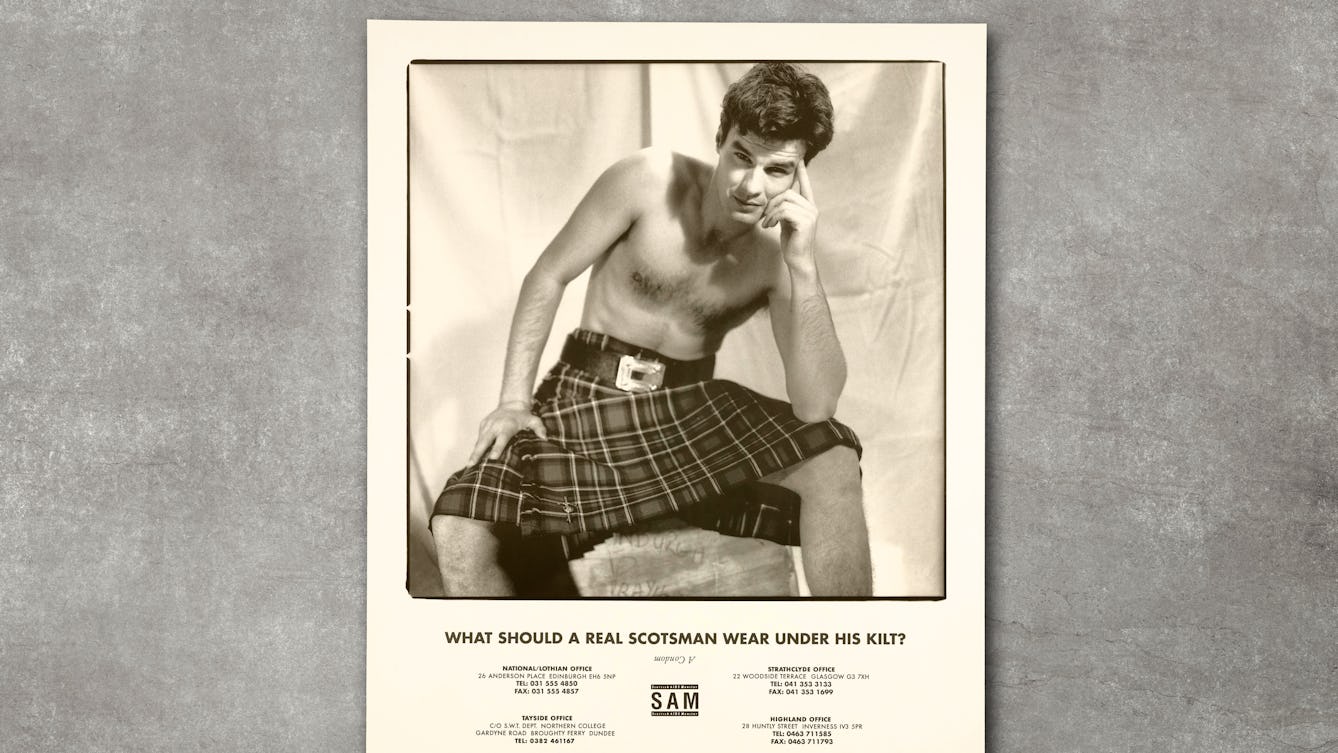
- In pictures
- In pictures
Telling Scotland about AIDS
Find out how activists and organisations working on AIDS information campaigns in 1980s Scotland used cartoons, kilts, and candid language to convey their message.
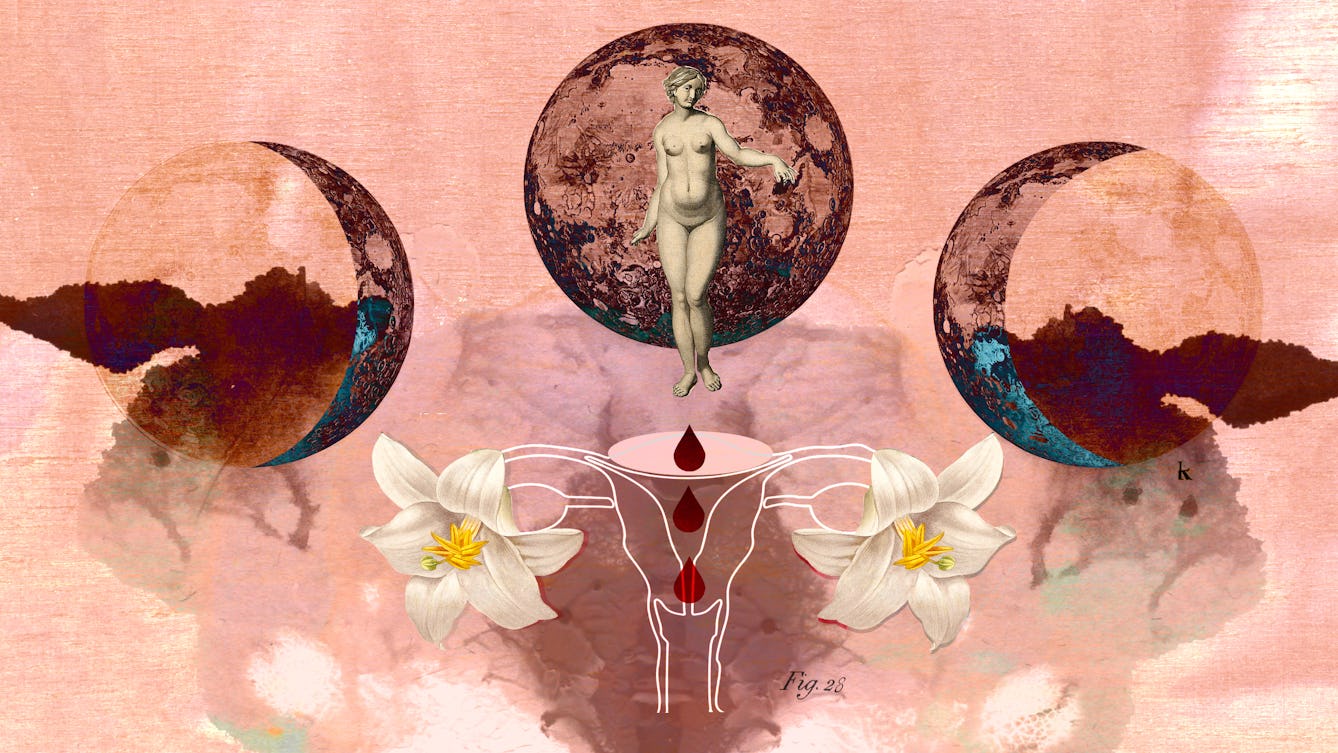
- Article
- Article
Menstruation, magic and moon myths
Why do stories cloaking periods in magic and mystery persist? Pragya Agarwal argues against myth-making and for inclusive menstrual education, grounded in fact.

- In pictures
- In pictures
The serious side of historical games
Some games carry a weighty message, from the earliest form of snakes and ladders that led to either heaven or hell, to chess pieces representing the dangerous manoeuvres of unsafe sex in the 80s.

- Article
- Article
The shifting shape of language
Author Jessica Andrews explores how her brother’s deafness has influenced her relationship with words and the world.

- Article
- Article
How can we prevent violence?
Evidence shows that strategies to prevent some types of violence can be very effective, while other, less well-acknowledged forms continue unabated. But hope can still guide us into a more peaceful future.

- Article
- Article
Acting, disableism and inclusive theatre
Deaf theatre director Jenny Sealey discusses inclusivity, community and the resilience of disabled actors.

- Article
- Article
The secret lives of Britain’s first Black physicians
Dr Annabel Sowemimo explores the web of connections between early Black British doctors, the role of empire in West Africa and the pernicious reach of scientific racism.
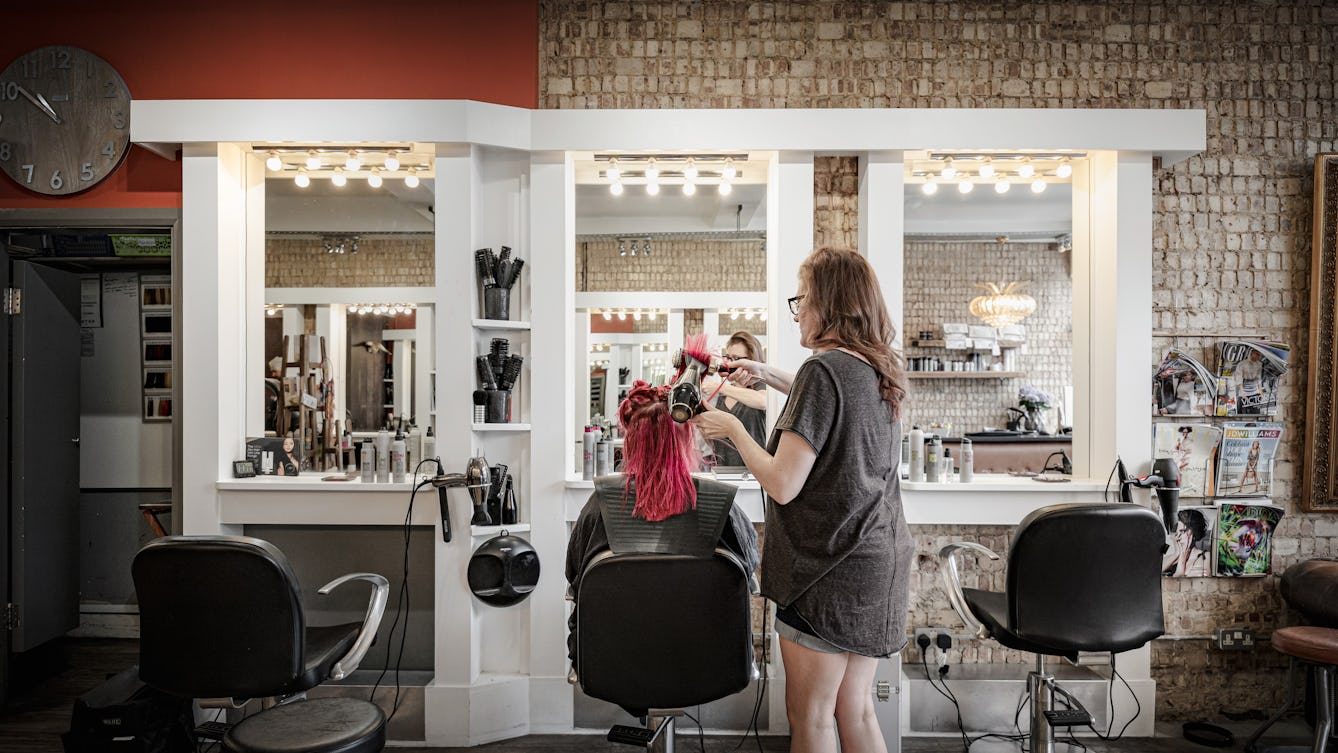
- Article
- Article
How your hairdresser could save your life
Barbers and hairdressers have a unique view of us – one that means they can spot potentially dangerous health problems. Find out how buzzcuts can lead to blood-pressure checks, and dip-dyes show the way to the dermatologist.

- Article
- Article
Yoga adapts to time and place
A yoga teacher in 1930s India inspired today’s transnational practice with his spectacular fusion of tradition and innovation.
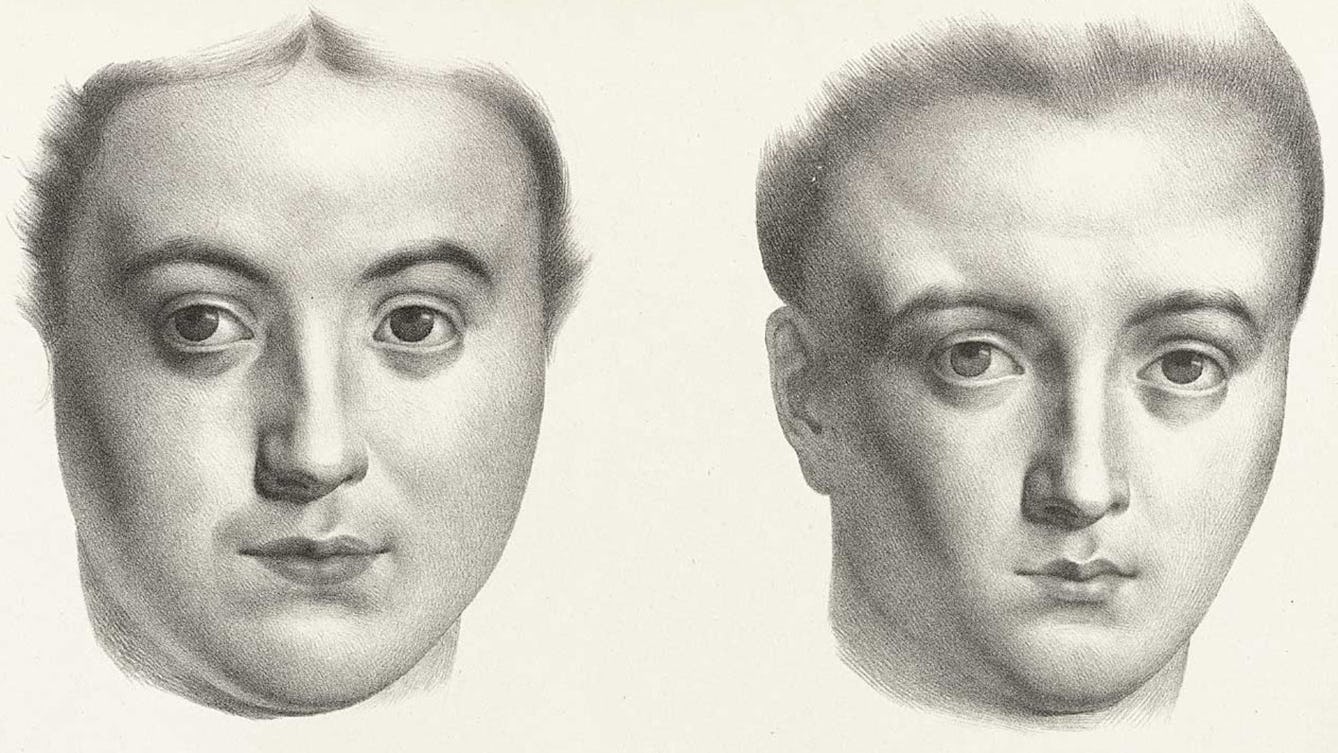
- Article
- Article
Exceptional talent and the trouble with IQ tests
Is a high IQ really a mark of genius, or does something else explain the exceptional?

- Article
- Article
Sun salutations and yoga synthesis in India
Surya namaskars, or sun salutations, have a long history in South Asia, but their place at the heart of modern yoga is more recent.
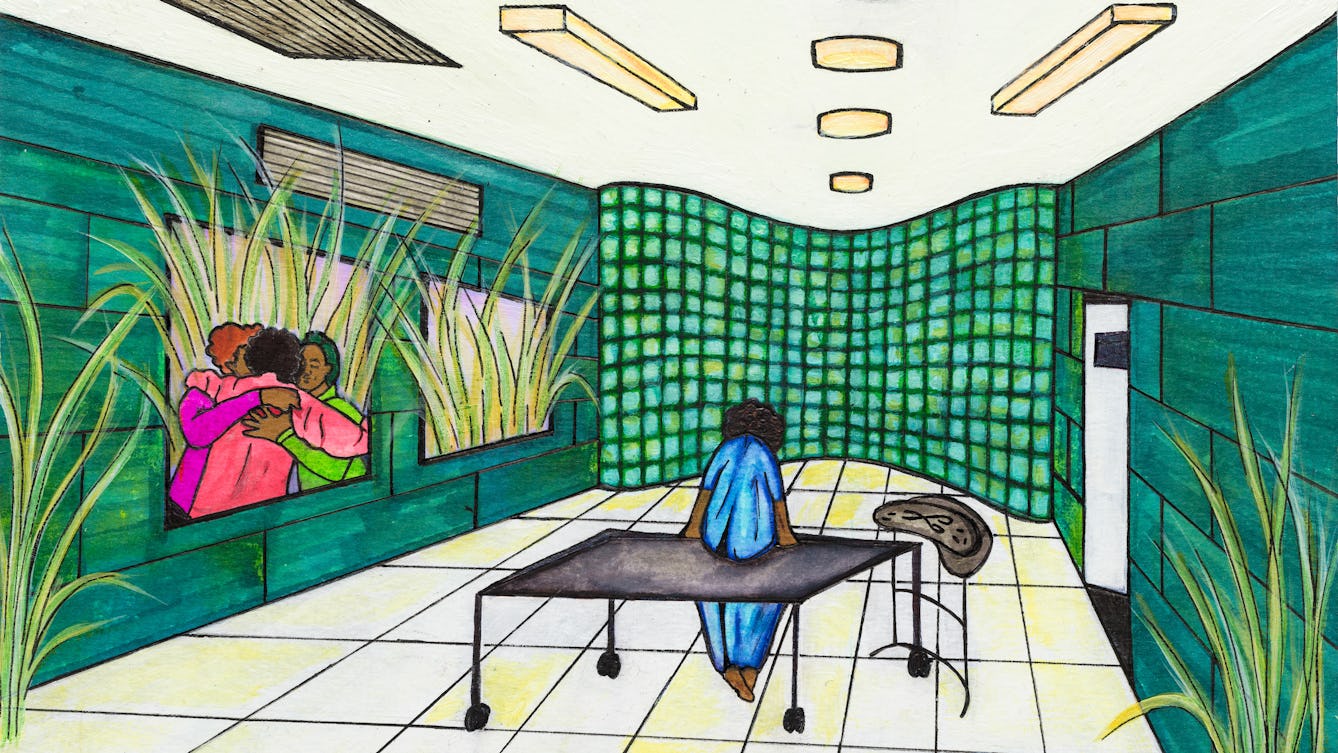
- Article
- Article
What Black women do when the NHS fails them
Sabrina-Maria Anderson explores misogynoir – hatred of Black women – within the NHS, and how women like her are consequently turning to other sources of medical support.
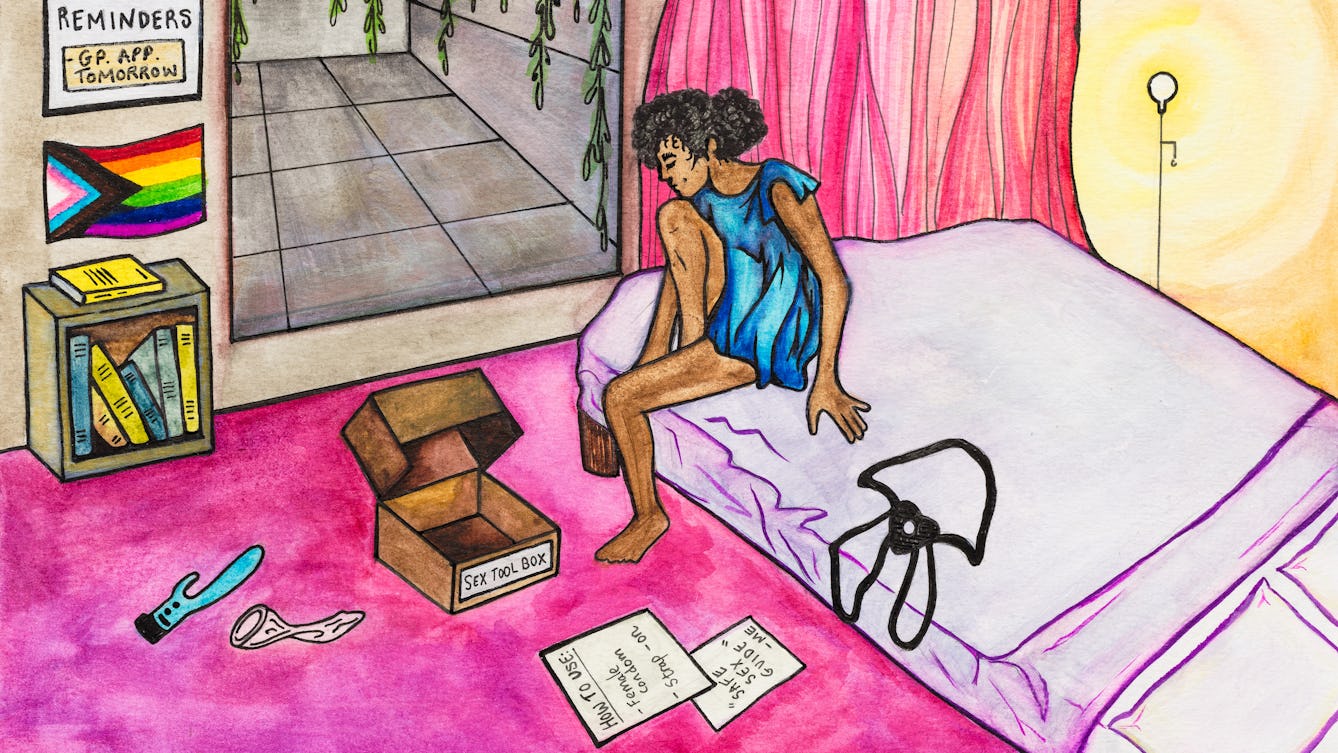
- Article
- Article
Battling the heteronormativity of sexual health
As a queer, Black women, Mary W is sick of the never-ending hetero-cycle of clinic appointments, where her needs and sexuality are always a surprise to the doctor. She calls for a revolution.

- Article
- Article
My illness made me an activist, but now I’m exhausted
Emily Bashforth’s illness made her an advocate but now she’s battling burnout. She argues why we all need to be mental health activists, not just those with lived experience.

- Article
- Article
An insider’s view of Play Well
Curator Shamita Sharmacharja offers behind-the-scenes insights into an exhibition about the serious business of play.